Shippers fear rising shipping costs due to carbon tax
Shippers fear the new carbon tax discussed at a meeting of the Marine Environmental Protection Committee (MEPC) at the International Maritime Organization (IMO) will add to already record-high shipping costs.

Shippers are concerned about rising transportation costs due to carbon taxes (Image: The Maritime Executive)
Fear pervades in the Global Shippers Forum (GSF), the global business organization that represents export and import shippers in international supply chains.
This is because the new carbon tax will be discussed at the meeting of the Marine Environmental Protection Committee (MEPC) at the International Maritime Organization (IMO) and it looks like it will add to the cost of shipping for shippers beyond the already record levels.
After decades of IMO efforts to reach agreement on the so-called IMO 2023, a set of energy-saving measures for existing ships, which will come into force next year, MEPC will now consider a proposal more on the imposition of a carbon tax on fuel.
Such a tax would be imposed as an incentive to switch to lower-carbon fuel options and could eventually double current traditional fuel prices.
The GSF, in trying to mitigate the impact, urges regulators to ensure that the ability of shipping lines to remove old capacity from the market, which they deem uneconomical, replaces higher economic performance levels, resulting in higher freight rates.
In addition, with the widespread use of the bunker surcharge (BAF) and the expansion of the new Low Sulfur Fuel surcharges in 2020, shippers will have to be cautious about the proposed carbon tax rate. This will be hitting them.
GSF Director James Hookham pointed out, “Shippers will be forgiven for thinking that the proposal, and its consideration at the IMO will inevitable result in still higher freight rates. That’s because the shipping industry has a very efficient mechanism for passing through higher fuel costs in the form of BAF; a surcharge to cover variations in fuel price. There are few reassurances in the existing proposals that a Carbon Tax won’t just be passed through as an added cost for shippers."
Hookham continued: “If the shipping industry is serious about Market Based Mechanisms as a route to decarbonisation then it needs to insulate its customers from their inflationary effects otherwise emissions will be reduced by suppressing demand for world trade rather than by incentivising the step-changes in fuels and propulsion technology, so urgently required.”
Hookham concludes, "The MEPC needs to think through the realities of the shipping market and avoid simplified comparisons with experiences in other sectors of their economies."
Source: Phaata.com (According to CotainerNews)
Phaata - Vietnam's First Global Logistics Marketplace
► Find Better Freight Rates & Logistics Services










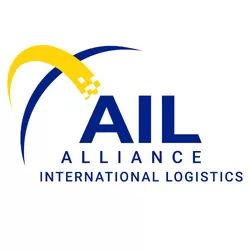

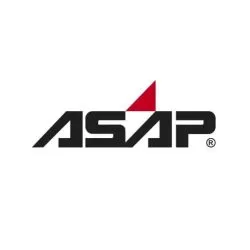




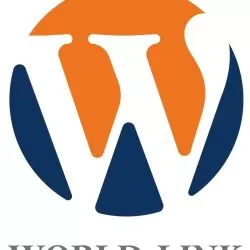





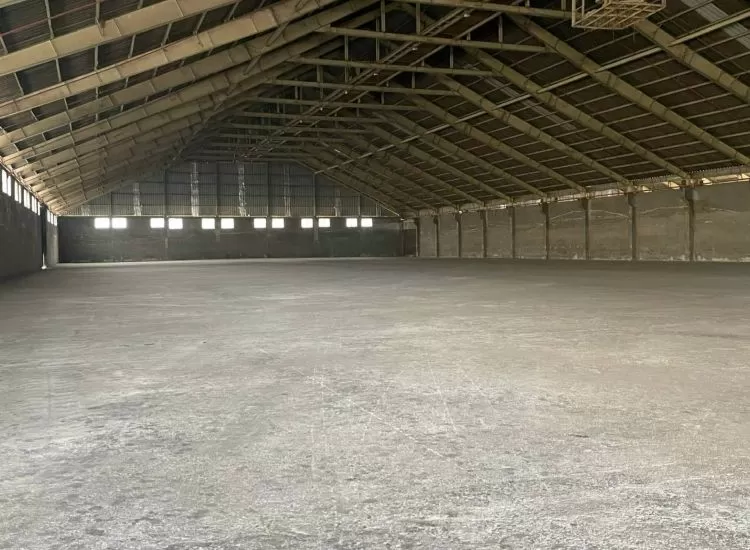
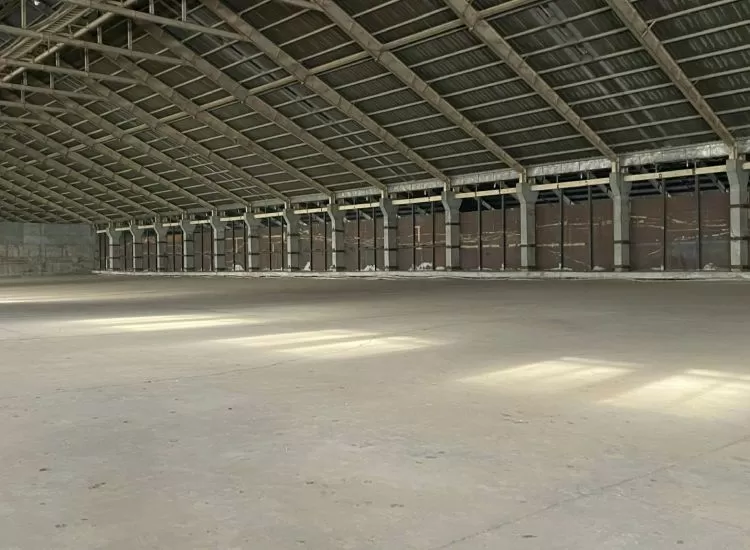

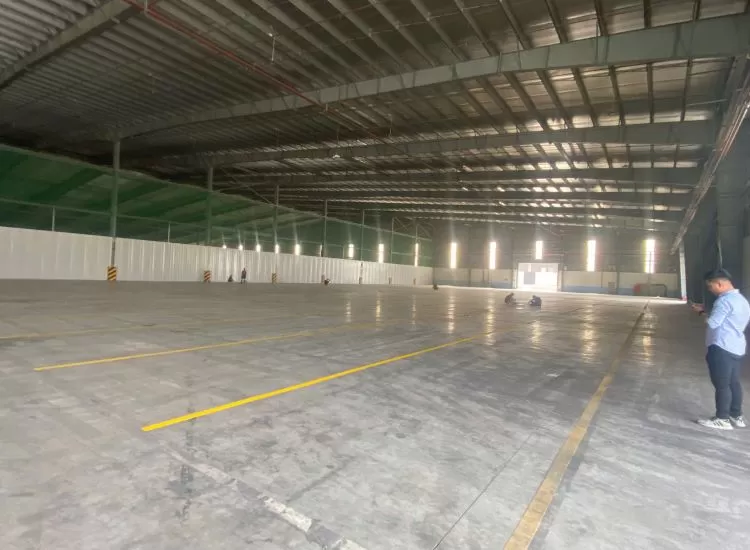

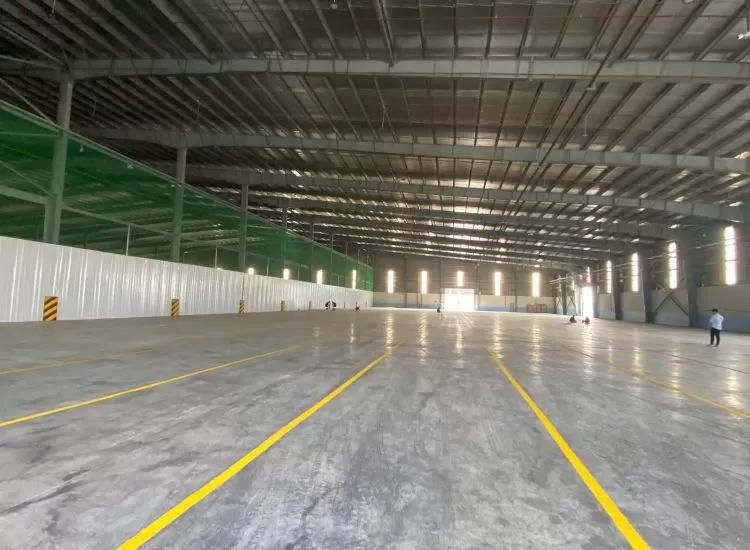
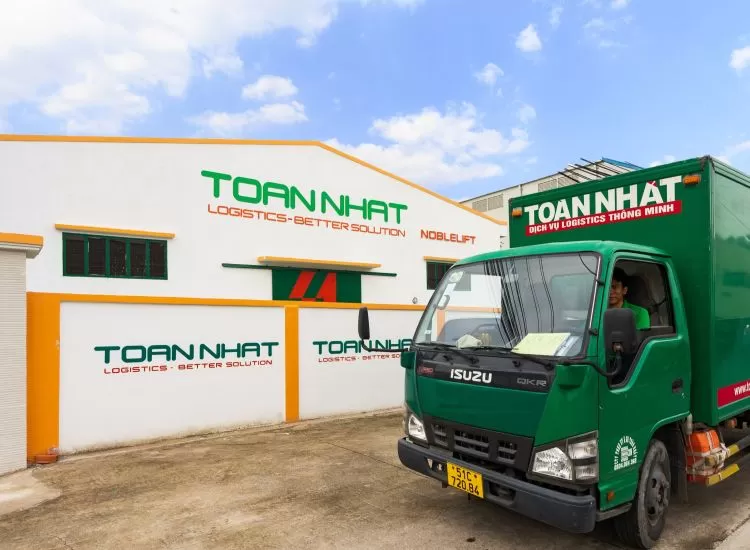
.webp)
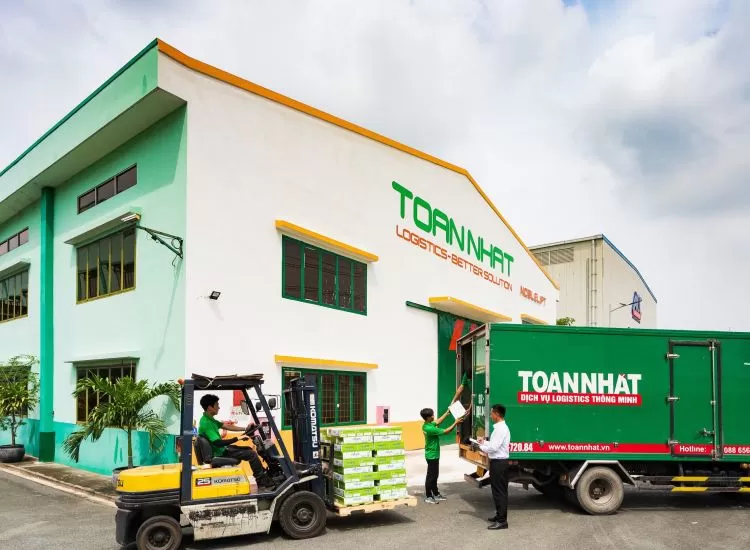
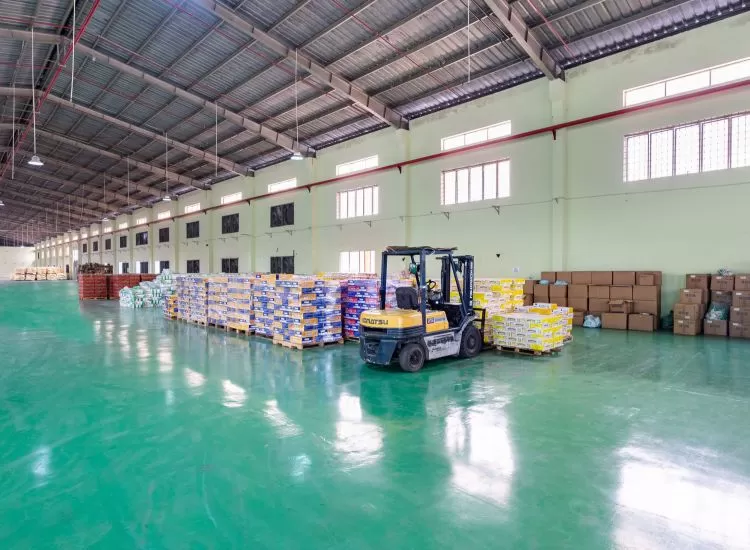
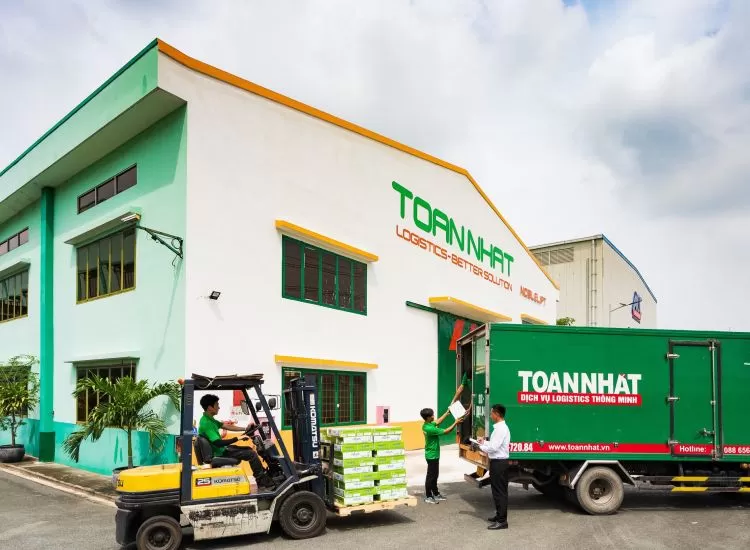
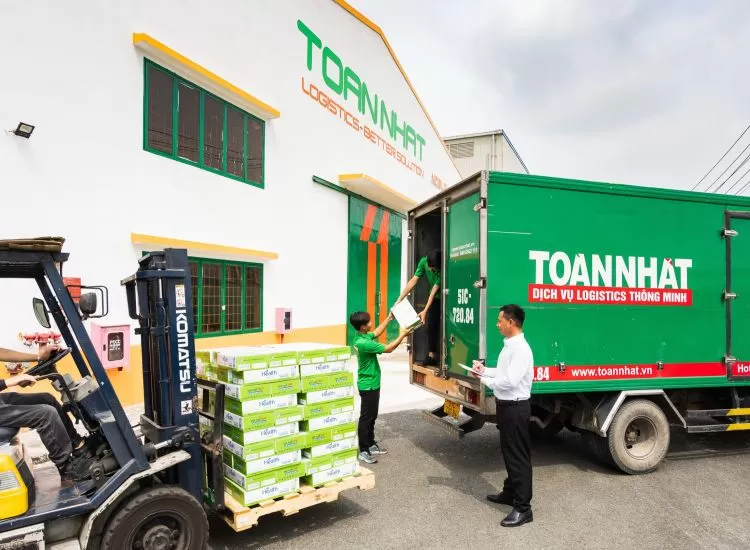




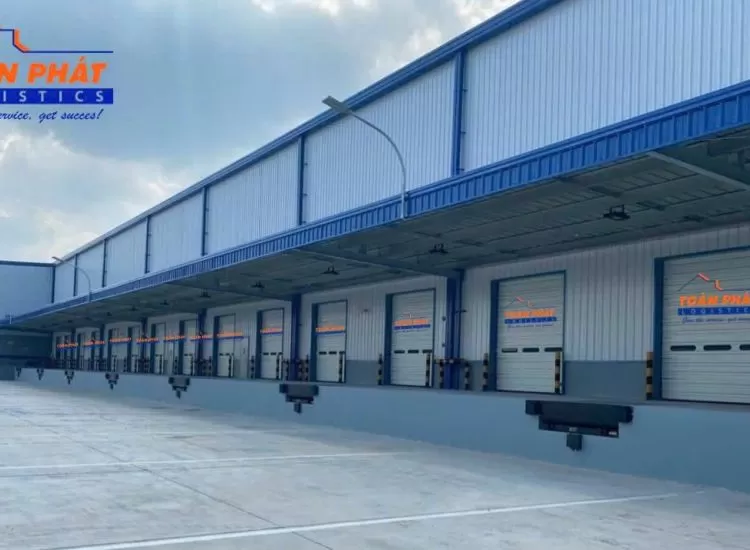
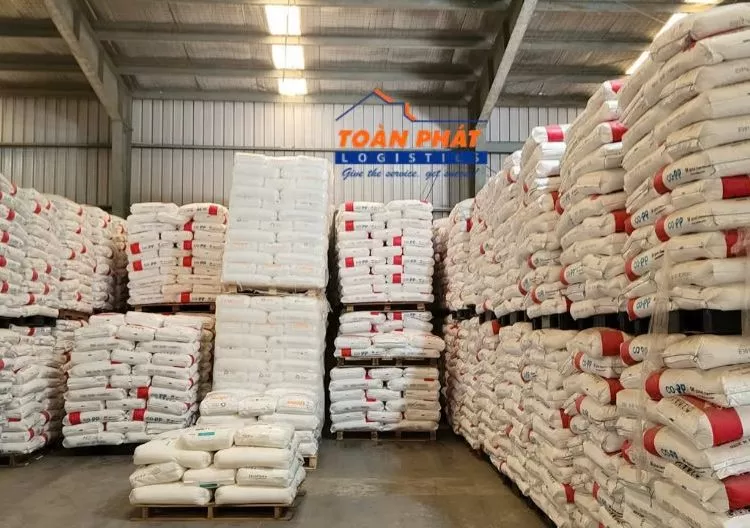
.webp)